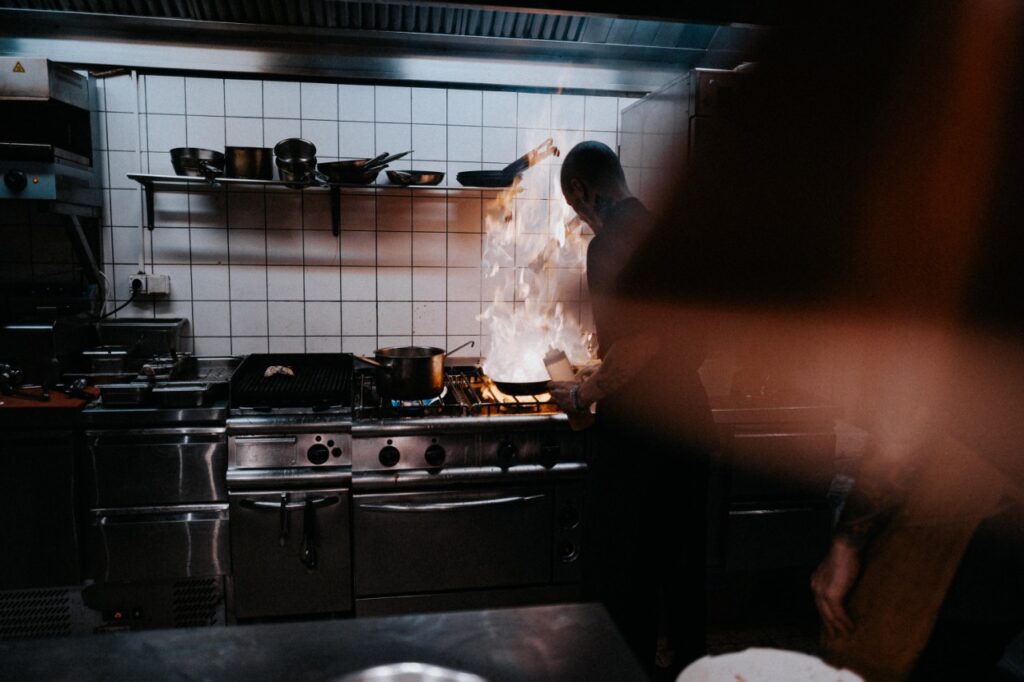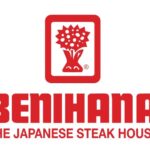Description:
- Technical Management – Restaurant consultants should ensure the smooth running of all equipments in a commercial kitchen as it would lead to energy waste. The equipment maintenance system is not perfect and not implemented. Once the system equipment is configured, the equipment has faulty work, increasing power consumption and reducing service life, like for example, the motor does not replenish oil, bearing damage, pipeline leakage are some of the reasons how energy is wasted although, the purchase of high-energy-consuming equipment is difficult to find at a single time. When it is found that the energy consumption of the equipment is not repaired or replaced in time, there will be wastage of energy which needs proper management.

Technical Reasons – There are some mistakes made by restaurant consultants of small and medium-sized hotels, which is using non-professionals for design and construction. When commercial kitchen system design and select equipment, they can be used without any problems of energy consumption, using multi-matching, high-energy equipment and accessories. Due to certain improper decision making, there could be hidden dangers of high energy consumption. In some cases, when technical connection is not in place, the design requirements of commercial kitchens would not be ready for proposal, and the actual demand is high and design calculation goals are unknown. In such cases, the energy consumption index is increased in order to ensure the high-level indicators.
Kitchen Layout is Unreasonable – The layout of commercial kitchen is closely related to the design of auxiliary systems such as water, electricity, smoke exhaust, lighting, ventilation and air-conditioning. The restaurant consultant must ensure that while planning a kitchen layout, all the above-mentioned auxiliary systems should be taken into account. If natural lighting is not available, it will increase the electricity used for lighting, if the ventilation duct is lengthened, it will consume more electricity.
Design Calculation Errors – The design method chosen would not be appropriate and hence calculation errors could be large. This would result in overestimated results which can increase investment and energy consumption.
Recent reports have found that restaurants are some of the biggest energy wasters, they waste energy differently when compared to other industries. In most commercial businesses, energy use is attributed to lighting, but almost two-thirds of the energy use in restaurant kitchens is related to kitchen activities. Restaurant consultants can look to their local city departments and utility providers to learn how to reduce waste and save energy.
Restaurants can save energy by implementing energy saving tactics such as:

- Use energy-conserving fluorescent bulbs.
- Clean and maintain all equipment on a monthly basis.
- Calibrate ovens and check pipes for leaky monthly.
- Clean refrigerator coils on a regular schedule.
- Change air-conditioner filters regularly.
- Use energy-efficient appliances.
- Use low-flow faucets in toilets and bathrooms.
- Use motion activated lights in bathrooms.
- Stay up to date on facility maintenance tools such as chiller tube cleaners, boiler tube cleaners, hose/pipe cleaners, descaler systems, industrial vacuums, commercial pressure washers and drain cleaners.







